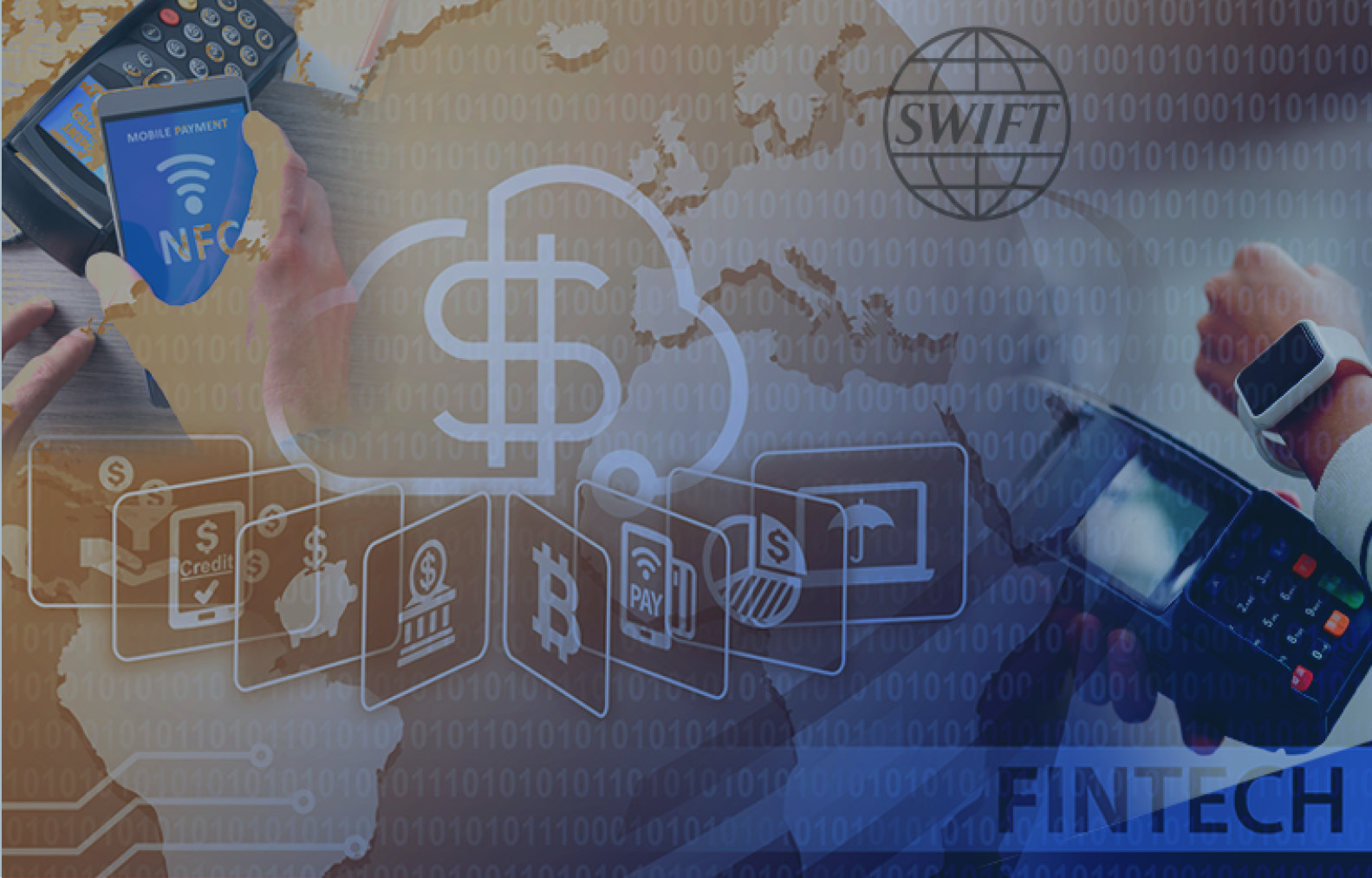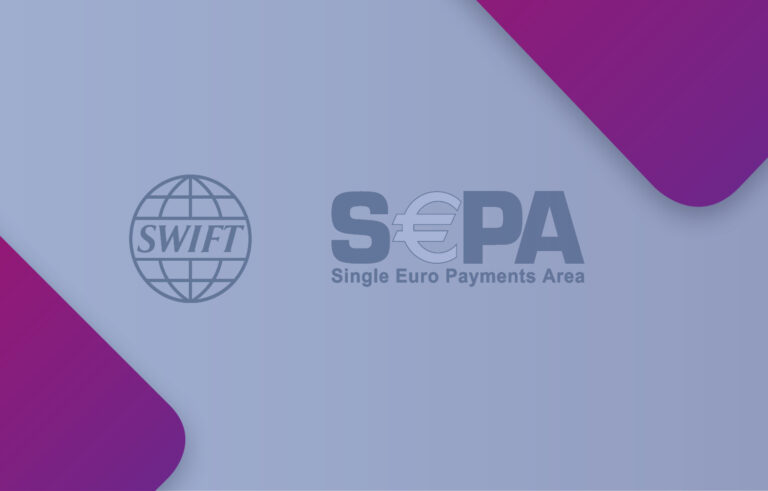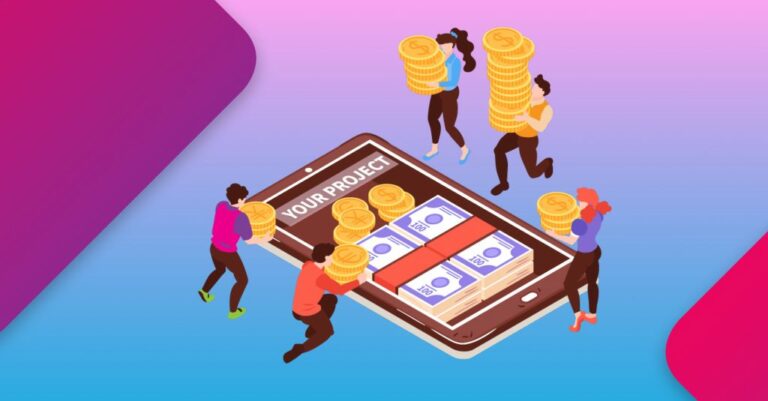
Who would have thought that even the plastic bank cards you keep in your wallet would be on their way to becoming an anachronism. For example, Morgan Chase Bank has plans to replace the outdated technology of payments and to actively promote the cryptocurrency system. And you can already carry out e-commerce transactions anywhere in the world – even in the middle of an ocean, in the mountains or in the jungle.
In this article, Bilderlings discusses new trends in the world of advanced technologies.
Financial technology is rapidly developing. Of course, it is worth noting that most consumers will still be paying with bank cards for a long time to come, as well as with cash. But each year financial technologies will develop more and more, pushing the traditional and customary monetary systems aside, as Bilderlings previously described in detail in its blog.
Contactless payments and the Internet of Things (IoT), chatbots, artificial intelligence and biometric identification are integrated into the financial industry quickly and easily.
Innovations leading the way
Global investment in the development of fintech now exceeds 55 billion dollars – twice where it was in 2017. Forbes magazine has published a list of the top 50 fintech companies of 2018. From this list, 19 companies are valued at $1 billion or more. The list also includes 20 startups associated with the development of the neobank system.
”Neobank” is still an obscure term for many people, but according to numerous experts, this is likely to change soon. A neobank is a type of a “direct bank”, which is 100% digital and is available to customers only through mobile applications and personal computer platforms. Moreover, these systems are not the same as those offered by traditional banks. Global investment in payment services and neobanks at the end of last year increased by more than 40% – up to 12.6 billion dollars over 2017. The furtherst ahead are Australia and the US, as well as the countries of Scandinavia and Europe.
Cash no longer welcome
Forbes journalist Madhvi Mavadiya believes that at the moment there is no way to do without cash, especially during disruptions like the one that the US experienced with the Visa system last summer. Nevertheless, several countries have already stated that it is time to give up cash entirely. This is already being said in the UK; and Sweden expects to become the first country to abolish cash. Swedes today use cash only in 20% of payments (in other countries the average is 75%), and more and more in Swedish cities you’ll see signs reading: “We accept only bank cards.” Even the legendary and famously conservative ABBA museum refuses to accept cash.
From 2017 to 2018, in Sweden, the use of cash was halved, and this was largely due to the growing popularity of mobile payment applications such as Swish. This application is installed on the smartphones of most Swedish citizens: instant payments are tied to card accounts in banks and to users’ phone numbers. 85% of Swedish residents have access to online banking systems, and only 20% of transactions in the country are made with cash.
Pay touchlessly
Australia claims to be the world leader in this fintech system. This occured after the introduction of NPP – the New Payments Platform. As Philip Lowe, the governor of the Reserve Bank of Australia, has said: cash is becoming a “niche payment instrument”.
NPP will provide not only transfers between individuals (C2C and Me2Me), but also transfers from individuals to legal entities (C2B). You choose the product you like at an e-commerce website, fill the “cart”, indicate your phone number – and proceed to select a payment method. When paying by card, you must enter the card number (16 characters), expiration date (4 characters), CVV / CVC (3 characters). But recently, new virtual platforms have appeared which make it unnecessary to any of that: everything is done through a mobile application.
Such payment systems are being introduced in most countries worldwide. In China, half of the population already regularly pays via the mobile services AliPay and WeChatPay, more than 50% of such transactions are performed using a QR code (also known as a “Quick Response Code”; the machine reads an optical tag containing information about the object to which it is attached). In Kenya, almost all residents use the M-Pesa mobile payment service. Among the most sought-after products of the virtual world are “voice assistants” and interactive intelligence-based systems like Nina of Swedbank, the Erica chat bot from Bank of America and Eno of Capital One.
Australia could become a cashless continent already by 2020 due to the increase in the number of residents who use bank cards and mobile payments. And in the UK, 90% of transactions are projected to be made from client accounts tied to Visa and Mastercard banking systems by this time.
In all of these areas, neobanks are taking the lead, not the traditional systems. In addition, the former are much more advantageous for customers, because the cost of transactions is often so much lower.
How will fintech evolve?
Nowadays contactless payments using NFC technology (a method of wireless data transfer by short range, or near-field, communication between compatible devices) – from bank cards with a chip, smartphones and other devices – are becoming more and more popular. Many will be surprised, but this system first appeared more than 15 years ago. Global analysts are convinced that very soon NFC will become a thing of the past. The same thing is predicted to happen to the SWIFT code.
It is clear that SWIFT – the system of world-wide interbank financial telecommunications, controlled by global players Visa and Mastercard, will soon simply cease to be relevant – and “will disappear as unnecessary” if it does not fundamentally change. It is no coincidence that the EU leaders are increasingly talking about the “European alternative” to the American SWIFT. In Russia and China, too, the role of SWIFT is increasingly becoming secondary.
Forbes often gives its assessment of the importance of brands. And in the case of neobanks, this is especially important. One of the oldest banks in the UK, the Royal Bank of Scotland plans to change its “signboard”. They are looking to develop into a neobank and shift their attention to investment in the development of fintech systems.
At the end of 2018, this bank launched the Mettle system. This is an independent digital bank for small and medium-sized businesses in cooperation with consulting companies.
The examples that we have cited here are far from the only of their kind, but they illustrate how rapidly the world is developing, and predict what awaits those who fail to keep up with the times.
Subscribe to our page on Facebook to stay up-to-date on the latest news from the world of Fintech, and also contact Bilderlings‘ specialists and we will find the best offer for you.






